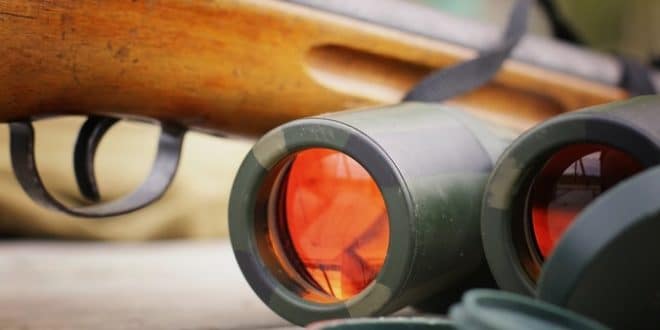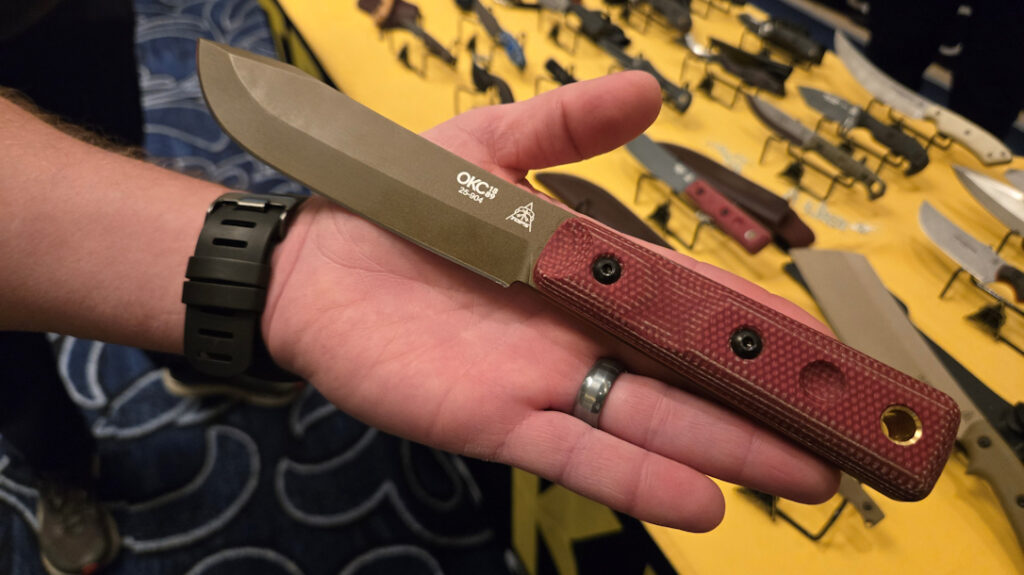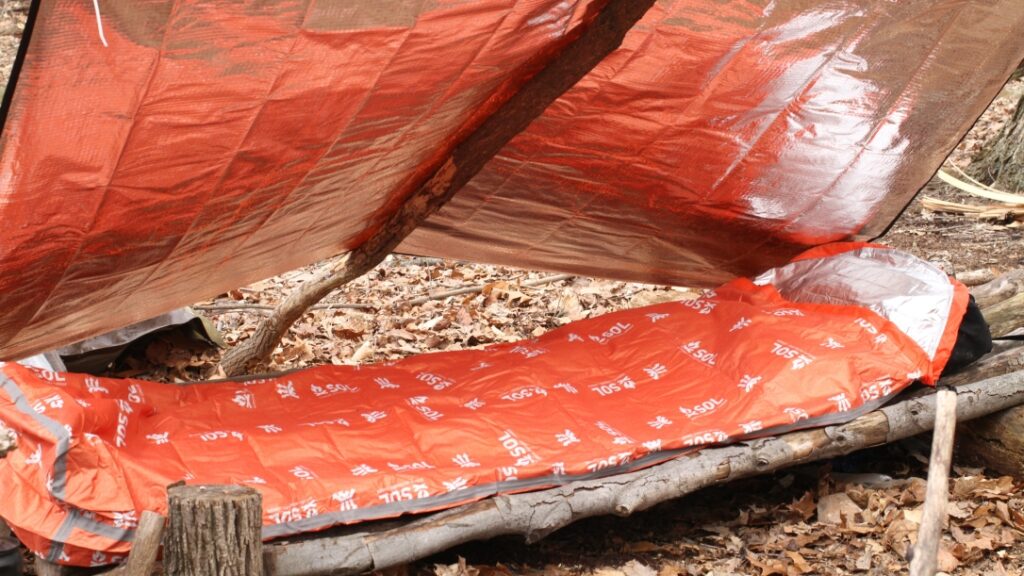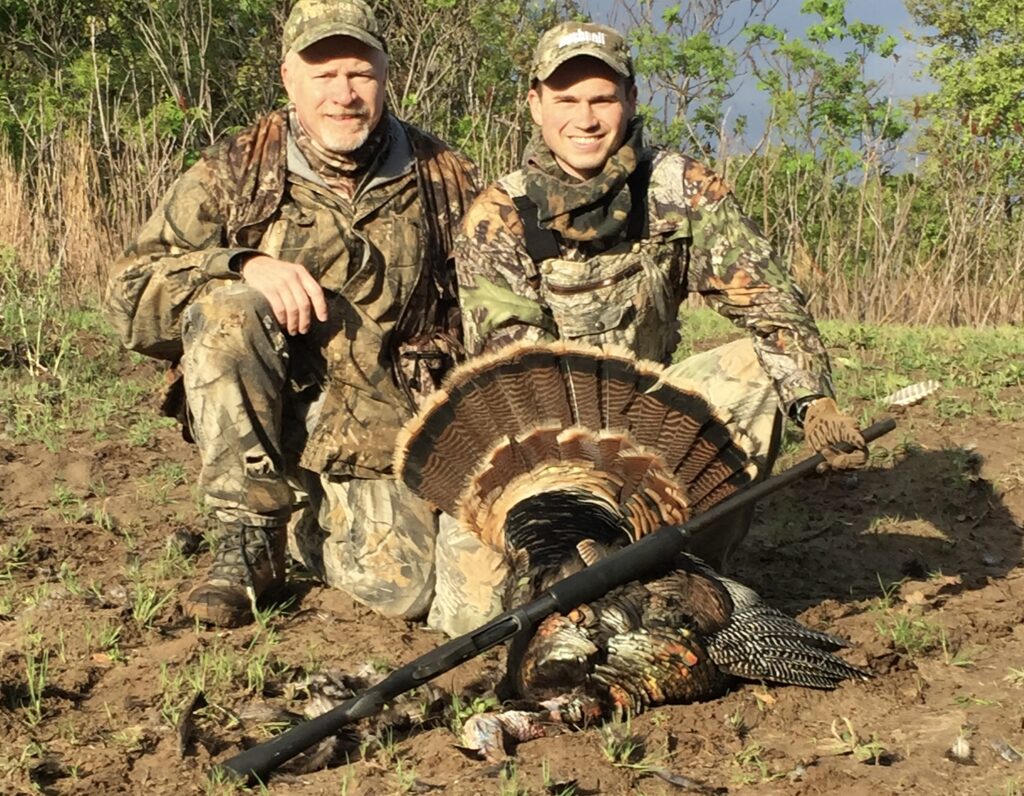At one point in history, only kings and nobility hunted. The king owned the animals and the forest, and the common man was a poacher.
Today we enjoy the outdoors. The animals belong to the people. All you need is to access land that you want to hunt on.
Hunters come from all walks of life. Hunting as a sport embraces everyone. Young or old, blue collar or white collar, man or woman. The great thing about the woods is that the deer don’t know nor care what your bank account is like.
Advertisement — Continue Reading Below
Hunting doesn’t need to be expensive or elaborate. And sometimes, the best solution to a problem while hunting is the most frugal and simple.
In the spirit of saving as much cash as possible and bringing new hunters into the fold, we’re going to dive deep into making hunting more affordable.
Keep it in Perspective
The real secret of keeping hunting affordable is to keep it real. You can kill animals with a pointy stick. In my early years, I hunted everything with a smooth bore “Remington 870 Defense” clone bought on a black Friday sale for $150.
Advertisement — Continue Reading Below
Deer? Slugs. Squirrels? Bird Shot. Turkey? No. 4 and get ‘em real close.
Of course, this gun was also my home defense and truck gun. Took it everywhere it made sense and killed dozens of heads of game with it. Worked like a mad dog until I got a real rifle. I knew of two guys that did the same thing with .357 magnum revolvers as a concealed carry piece, a home defense weapon, and medium game gun.
Remember people hunted animals for thousands of years dressed in loin clothes and carrying pointy sticks. If you already have a set of work clothes, a weapon, a place to hunt and pockets to carry a lunch in, you’re set to hunt!
Advertisement — Continue Reading Below
3 Things to Remember When Purchasing Equipment
1. Don’t Buy Gear You Don’t Need
The best advice for making hunting affordable is to never buy the equipment you don’t ABSOLUTELY need. This means if you purchase a tree stand, it most likely comes with a basic harness so you don’t necessarily need to buy another one.
This also includes nice-to-have things like chemical hand warmers, scent control spray, or game attractants. Pick what you need for the season and your specific hunting conditions.
2. Don’t Buy Gear You Won’t Use Every Hunt
If you think you won’t use a piece of equipment every single hunt you go to, don’t purchase.
Advertisement — Continue Reading Below
Even if you say “I’ll buy a cheap version” it’ll still be a loss in the end. Things like tree stand accessories, camera equipment, and multiple tree stands, anything disposable — it’s almost always a waste. If you don’t need it every hunt, you probably don’t need it at all.
3. Don’t Buy Extra ‘Flashy’ Equipment
This is usually where a budget starts to balloon.
I am the worst at this when purchasing emergency equipment. I carry multiple tourniquets, trauma packs, extra GPS, all kinds of gear in case the weather gets bad or the going gets tough.
Advertisement — Continue Reading Below
Will I ever need that 3rd tourniquet in my pack? If I knew, I either wouldn’t have bought it or I’d be carrying a 4th. The downside is that each of those tourniquets cost $30. Extra GPS $100. Yeah, this racquet gets expensive quick. Use the KISS Principle and remember that ounces equal pounds and pounds equal a sore body in the field.
Experience vs. Equipment
One of the things you’ll realize as you hunt more often is that you need less equipment than you think you need while you’re at home. Emergency equipment aside, there are very few items that you actually need for a successful hunt.
Yes, you can find videos online of guys who carry almost 25 lbs of gear into the woods, at least they claim to.
Advertisement — Continue Reading Below
This applies to skills out of the woods too. If you’re a good woodsman, you don’t need bait. If you learn how to use a mouth call for turkey season, do you need a new box call? Can you sharpen your broadheads without a specialized tool?
Once you learn to perform well in the woods, you’re going to need less equipment.
The more experience you have in the woods, the less gear you’ll carry. Just like a seasoned mechanic knows the tools he uses 99% of the time, you’ll start to find the equipment that suits you. It’s fine to splurge on that gear, and buy branded, high-quality items.
Advertisement — Continue Reading Below
For any other piece of gear you think you might need, either find a way to do it with the tools you already have or find a way not to need it. However, if you really NEED that kit, buy a good model instead of a cheap one that can be easily destroyed.
License & Land
License Costs
There are a few places you simply can’t cut corners on when it comes to hunting, things like license costs.
Sometimes if you want an opportunity, then you’re going to have to pay up. When you’re planning for these costs, try and take advantage of the system by buying licenses when it makes sense, and take advantage of discounts.
Advertisement — Continue Reading Below
Most states have huge discounts for lifetime licenses. So far, this is the greatest value in the hunting world. Swallow the high up front cost and get one. Maybe even save yourself some money by buying your kids license while they’re young and before it gets too expensive.
Land Costs
Public Land
Public land’s primary incentive is that it’s very cost effective and sometimes free. For the cost of a habitat stamp or usage fee, you can have access to thousands or even millions of acres of land. The problem is that every hunter, horseback rider, camper, squatter and every American does too.
I’ve had hunts ruined by just about every type of person you can imagine, including a picket line, so it helps to have a backup plan. There’s normally little or no trophy management outside drawn tags or permits. For this reason, public land is dubious.
Private Land
Private land is always the best. Whether you own or leased it, either way, good land is going to be scarce and expensive so plan accordingly. That’s the only bad part.
Snatch up cheap land costs when you can and hold on to them for as long as you can. Otherwise, you’re going to regret it.
If you’re on a budget, I’d say try and avoid these types of leases because if you can afford one cheaply, you probably won’t see much game on it. A contract that costs $500 a year in some areas may cost $1000 in others, and you’ll be surprised at how expensive they can get.
I’ve personally seen $10,000 per year for an unmanaged tract in the Green Swamp Region of Florida.
Borrowed Land

Borrowed land is usually as good as it gets for a hunter on a shoestring budget.
Family, friends, or neighbors will sometimes let you hunt on their property. Cherish it. Take care of their assets when you get the chance. Remember their birthdays and relish the opportunity.
When you usually get small family owned tracts of land to hunt on, you’re the only hunter there. This is the ideal situation!
Ask everyone you meet for leads on land for hunting. Everyone. Otherwise, you may never get the shot to hunt on anything but public land.
Inexpensive Hunt Tips & Tricks

Use Discount Cards
When you buy gear, especially expensive ones, you should use a store rewards card to get bonus points later on to get your discount. Avoid using a store credit card because you’ll end up paying more in the end, even if they offer a promotion or bonus points.
Don’t Buy Specialty Food
If you’re headed into the back country, it can be tempting to buy expensive dehydrated meals to take with you. Don’t do it. They cost a ton, and you can just buy regular food from the grocery store to take with you. Just Google around and learn.
Share Equipment When You Can
If you’re going to establish a food plot and put a ladder stand on it, look for someone to split the cost of the food plot and ladder stand. Yes, you have to get creative but sharing the costs when purchasing equipment is an excellent way to drive down expenses.
Make Your Equipment
Tree stands, ground blinds, scent control spray, even camouflage clothing can be improvised for very little cost. Clothes bought at Good Will or the Arm Navy store can be dyed in Rit Dye for next to nothing. Natural ground blinds are free if you can build one, and a tree stand can be as simple as a wooden platform bolted to a tree trunk.
Get creative and look for tips online to improvise equipment, just be safe and cautious.
Don’t Eat Out
When you go hunting, eating out on the way to and from is the best way to burn your budget.
If you’re just heading to the deer lease across the county, eat before you go and buy snacks at the grocery store. Stay away from inflated prices at the gas station.
If you’re traveling cross country, pack a camping stove and cooler full of groceries, and stop at a rest area and cook. It’s healthier and much cheaper.
Hunt Public Land
Public land is not a place to introduce a new hunter to but is an excellent way to cut your budget. Depending on the state you live in, public land can be a viable option as long as you apply the proper amount of boot leather and scouting beforehand.
Don’t Travel Cross Country for a Lease
Yeah, it may be tempting to pull up roots and hunt in a state or two over.
I live in Florida and see it happen every year. Masses of people hauling camo colored ATV’s and bow cases in their trucks sometimes as much as 800 miles out of state to hunt. Not only are they paying for the lease, but also the huge costs of vehicle wear and tear, fuel, and expensive out of state licenses to hunt.
Bad move financially, stay local.
Camp Whenever Possible
Hotels get expensive when you’re supposed to be hunting.
If you’re traveling to your hunting destination, sleep and drive in shifts. Once you get there, camp. You’re meant to be hunting, and hotels are a huge waste of time and money if you can camp in the place you’re hunting.
Hunt Closer to Home
Fuel is expensive.
If you’re not destination hunting, hunt close to home. This saves you a lot of time on travel and money in fuel, not to mention the wear and tear on your vehicle.
Often, visiting several counties is only for trophy potential or slightly better habitat that may or may not is better in the long run.
Start Planning a Year Out
If you know you want an expensive hunting season next year, start planning well in advance so you have time to save up.
If it’s a trip to hunt with family or you drew a tag in a hard to draw area, then you want an itinerary for a full 12 months, at least. That way, you can spread out the savings and expenses enough to be able to afford the trip.
Share the Costs
Carpooling saves money. Splitting the cost of groceries saves money. So add more people in your deer lease. Look for ways to reduce cost by adding more people sharing the cost of the hunt.
Hunt Harder, Less Often
If you’re going to hunt, give it the absolute best try you can. Get up early, use the best stand, pack plenty of food and supplies, and do it only when the time is right.
Sure, we’d all love to hunt 12 weekends a year but that isn’t always feasible. Maybe hunting a scant 3 or 4 times a year at prime moments and going all out for that hunt is cheaper.
You use fewer supplies but can be more efficient because you only need a single stand site or two and need far less scouting. This is one of the best but hardest to implement strategies for saving money while hunting.
Have Fun Without Breaking The Budget
Don’t be discouraged if you can’t afford the highest quality gear on the market. Hunting is a fun sport. It’s not a competition, it’s not a chore, and most can’t get enough.
All you need is a gear that is good enough to enjoy yourself. If you want to save on the equipment you want, go ahead and splurge rather than regretting the cheap buy in the long run. For most hunters, hunting is their only outlet. If you can justify the purchase, go ahead and enjoy it.
Hunting does not have to be all about ultralight bows, brand new tree stands and scent control clothing. It can be about you vs. the wild and going to the woods with bare bones kit and triumphing over your quarry.















